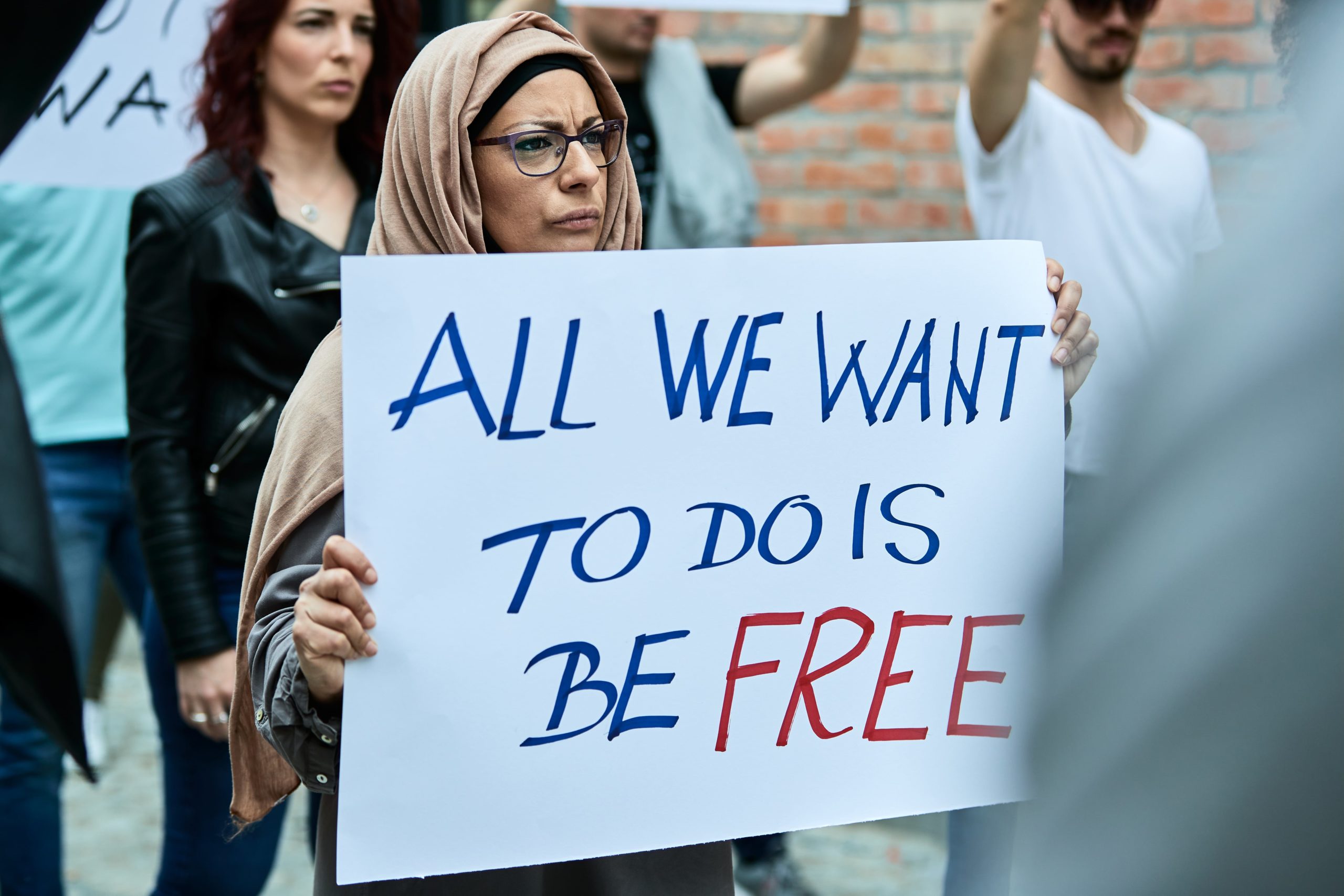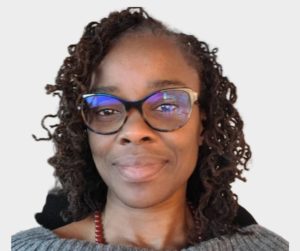I am an African woman living in the United States of America (Merka!). I write. Mostly Fantasy, but I have dabbled in Science Fiction and Erotica. My Erotica is possibly more literary than smutty, but that’s mostly because I find “blue” wording somewhat distracting. I write under my given name, which is also a pseudonym. My full name—nearly full—is Jem Scott-Emuakpor McBride, and I write as JS Emuakpor (Historical (Fantasy)) or JS McBride (Contemporary (whatever)). I do not fancy myself a Neil Gaiman or Piers Anthology (I wish I could be so prolific), and certainly not a George RR Martin, but I can write. Here’s a sample:
The sound of the water form coming out of the river was like a dam breaking. The rivergod stepped onto the ground and walked over, leaving no wet footprints. By the time he reached us, he looked like a tall, ordinary man with smooth, brown skin. He had a handsome face, a pleasant face. I wondered if he looked as pleasant when he was drowning people.
While it may seem like boasting, I am simply trying to make a point. I’m a Black woman. I write SFF. I write SFF well. And I’m not alone. There are so many authors of color who can and do write SFF—I’ve read some published and others unpublished—yet we get very little opportunity from the Big Houses. I’ve heard (read) people comment that it’s because the majority reader, at least in Science Fiction and Fantasy, cannot relate to the settings or the language that authors of color use. When the characters speak in their “colored” vernacular, readers don’t understand what they are saying. Perhaps, if you like reading stories about Wall Street and Corporate Espionage, you may expect a certain “corporate” vernacular. But in SFF? Come on, man! In SFF, anything is possible and everything is fair game.
How often do authors make up languages, weird English dialects, future-speak, or odd local vernacular in Science Fiction and Fantasy? In Larry Niven’s Ringworld series, there are characters named Phssthpok, and Kawaresksenjajok, and Halrloprillalar. WTF? The world-building in some SFF is truly epic, yet we can’t relate to the stories about black, brown, and other highly melaninated characters?
I call foul!
J’accuse!
If you are one of these people who “can’t relate” to stories featuring characters of color, then you, my friend, need to expand your horizons. Have you been so deprived of variety that you can’t even see the world for what it is? We are of myriad hues, cultures, dispositions, and beliefs. We are complex and oh-so-beautiful in our complexity.
The lighter skinned people of this world have trodden upon, looked down upon, and spat upon people of darker complexions for so long that relegating a talented author of color to the sidelines is simply a matter of course. Don’t get me wrong. There are plenty of published authors of color writing white stories, because that’s what the Big Houses want to publish. Even when they say they’re looking for diversity, what they really want is a black face on the white story. They don’t want black superstitions or traditions, black mannerisms, and most definitely not black vernacular.
Sure, I sound like an Angry Black Woman. I believe that I may, in fact, be one. But from where I stand, I see inequality in virtually every aspect of life. In my other persona, I’m a veterinarian. Going through vet school, my every action was scrutinized. Twice over. I had to work four times as hard as Becky-with-the-Good-Hair for my clinicians to believe I was even capable of, much less good at, being a veterinarian. These same clinicians treated the black intern—she was a full-fledged doctor, mind you—like a student. Like me, in fact. Which was worse than the way they treated the other students. Again, I have a point: people of color are treated unfairly. And this is true in the literary industry as well.
We should demand change. We should all reach beyond our self-proscribed parameters. White authors: write characters of color who aren’t caricatures, or worse, stereotypes. Authors of color: don’t let rejection get you down. Workshop your writing with other authors (not your family and friends—they lie), learn what you need to learn for your specific genre. If, like me, you are bucking genre conventions, you’d better make sure you know what your audience will tolerate. Ask your local library or bookshop to shelf your books in the African American (or Native, Hispanic, Asian, Middle Eastern), Multicultural, AND genre-specific sections of their establishments. Tell the Big Houses that they will no longer tell people of color what they like to read (because some of us really like SFF).
Reader and writers, advocate for yourselves. Advocate for us. Advocate for more color in the sadly monochromatic world of literature.

